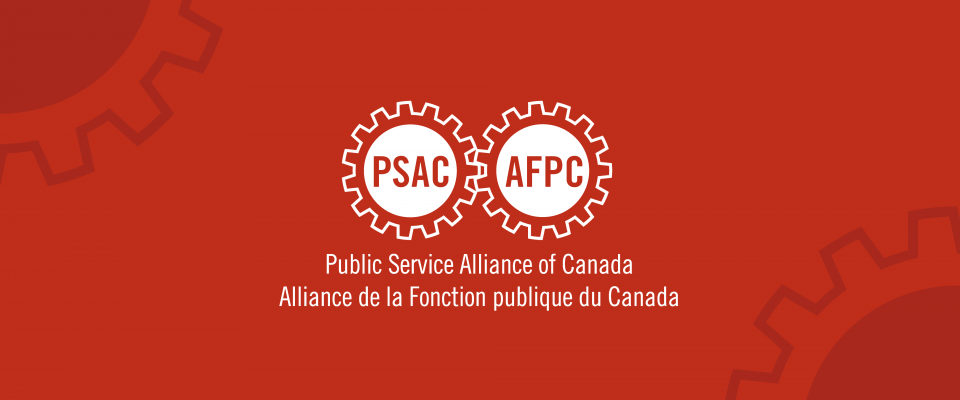The recent results of the 2024 Public Service Employee Survey paint a picture of the growing strain put on federal public service workers who are being asked to do more with less as job cuts and uncertainty continue to impact workers. Public service workers say they feel stretched to the breaking point, and the survey results from more than 186,000 workers indicate that there have been no substantive improvements to many of the systemic issues reported by workers.
Workers are feeling overworked, facing deteriorating office conditions, dealing with ongoing discrimination in the workplace, frustrations with the Phoenix pay system and worsening work-life balance, to name a few of the major issues highlighted in the survey results.
Key findings:
Pay issues: Nearly a decade later, 1 in 5 workers (22%) continue to be impacted by Phoenix pay issues. Another 62% of workers surveyed are stressed about whether they’re being paid properly. That means the basic ability to get paid accurately and on time for your work continues to be a source of chronic anxiety for the majority of federal public service workers.
Racism and discrimination: Black, Indigenous and racialized workers continue to face systemic barriers and discrimination in the workplace at a higher rate than their colleagues.
-
Only 54% of racialized workers said they feel safe talking about racism in the workplace without fear of reprisal. For Black and Arab workers, that number drops to 45% and 50% respectively.
-
Sixteen per cent of Indigenous respondents said they have experienced discrimination on the job in the past 12 months, compared to just 9% of non-Indigenous respondents. This rate has been increasing over the past few years.
Workplace stress and anxiety: Approximately half of all respondents indicated that not having enough employees to do the work is a contributor to work-related stress. Job cuts will only worsen the increasingly heavy workloads that federal public service workers are facing.
Career advancement: There was a 7% drop in the number of workers who reported that they feel they have a pathway to career advancement within their department or agency since 2022. The growing use of external consultants, increased AI usage, and lack of upskilling for experienced workers means that workers have to do more with less while the government squanders money on overpriced contractors — and people in Canada get less efficient services when they need it.
Remote work: We have been hearing from workers for years that they continue to be dealing with inadequate workspaces, overcrowded environments, and chaotic setups that make it even harder to do their jobs. More than 85% of respondents said that they were more likely to have adequate tools and equipment needed to do their job if working remotely full-time.
Rather than supporting public service workers, we have seen thousands of good, public service jobs cut through workforce adjustment by the federal government, impacting the services people depend on. If Prime Minister Carney and his government want to build a stronger Canada, they need to invest in the public services and workers who keep Canada running.
A strong public service starts with a workforce that’s respected and supported, not run into the ground. Cutting or capping the public service will worsen many of the issues highlighted in the survey, such as overwork, stress, burnout, workers’ mental health and their ability to respond to the needs of people in Canada.
Many of these chronic issues will be at the centre of negotiations as bargaining continues with Treasury Board on behalf of more than 120,000 federal public service workers in the months ahead.
Stay connected
Make sure you're registered for PSAC’s mailing list to receive the latest bargaining updates as they happen.
 Member Login
Member Login



